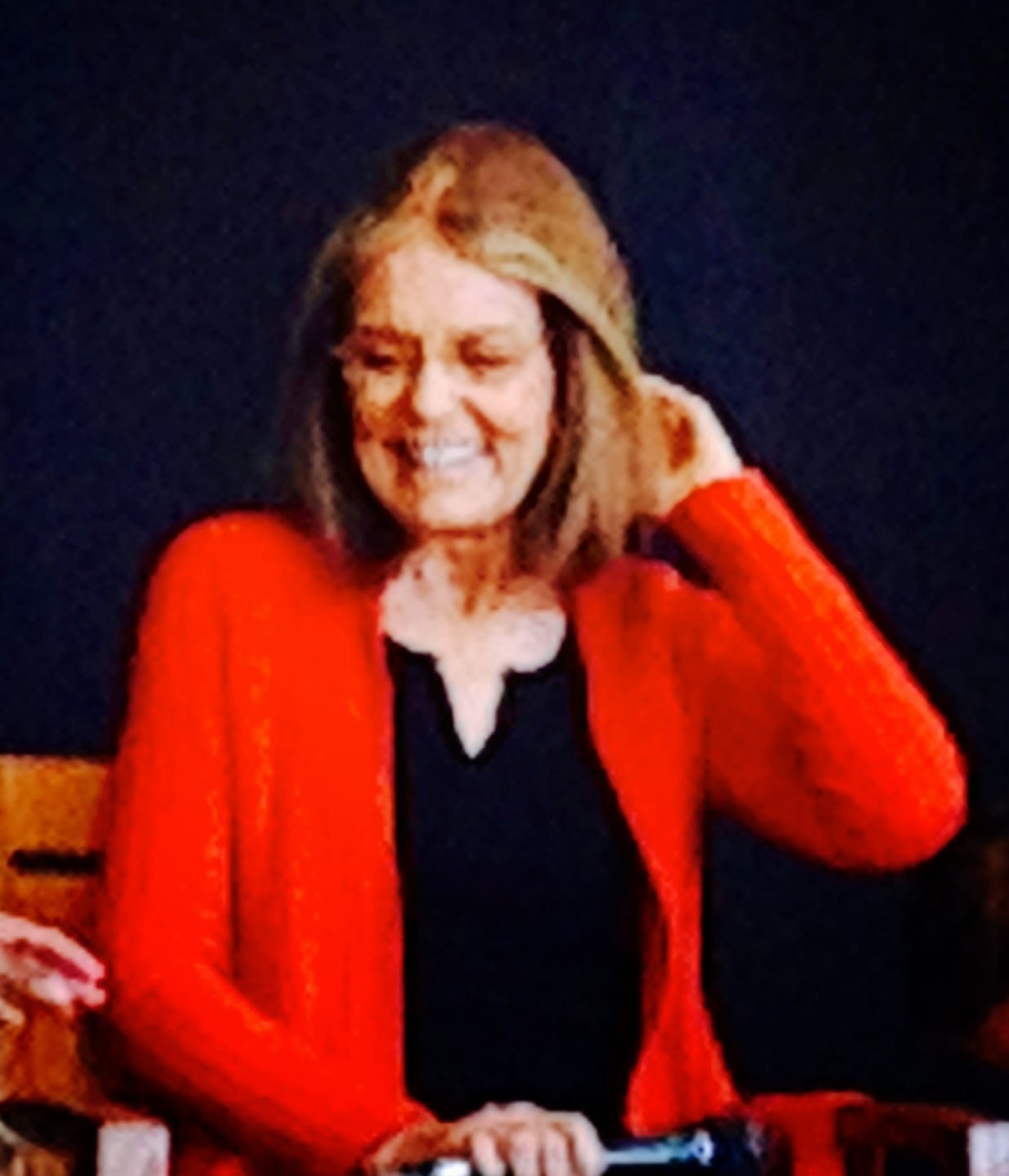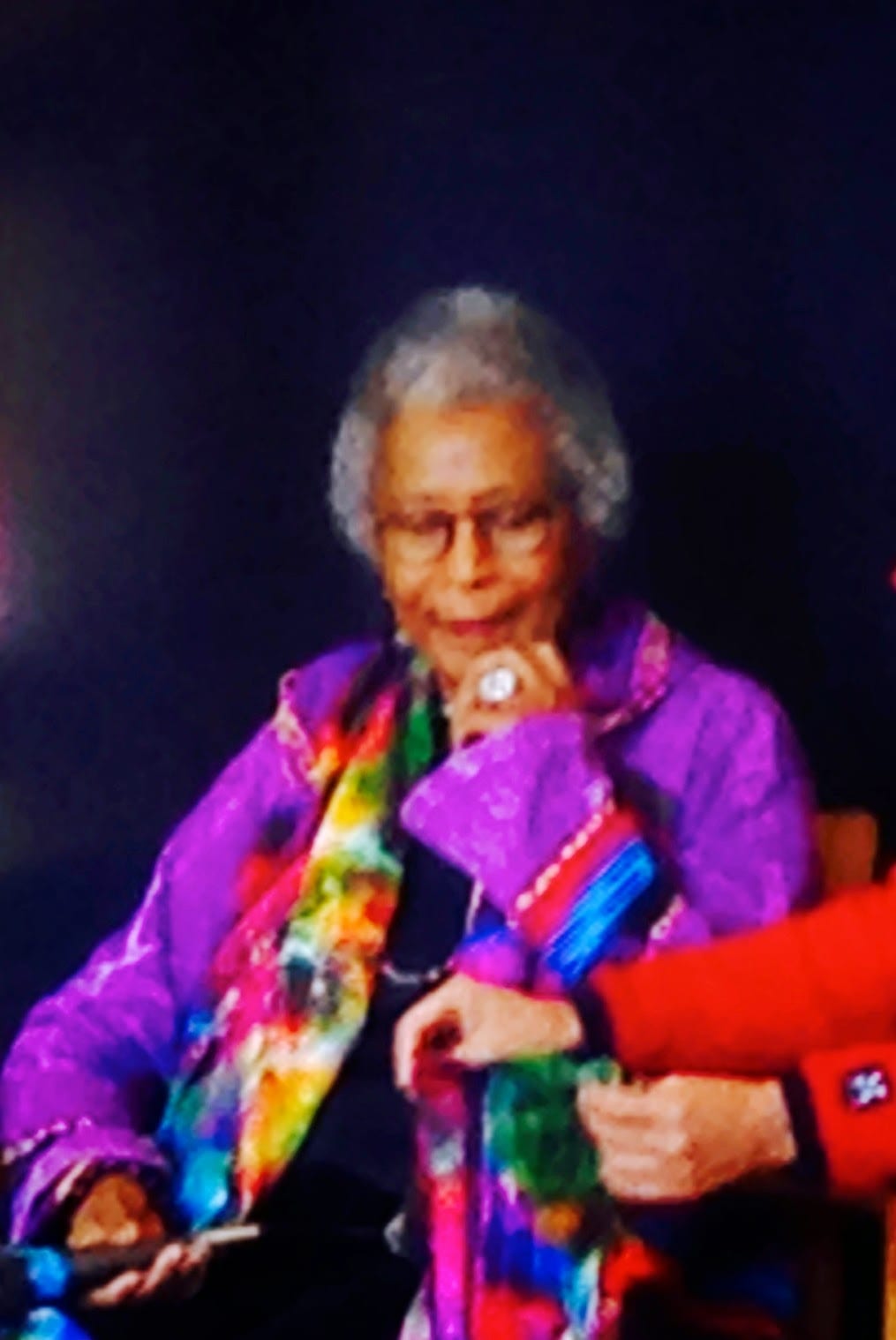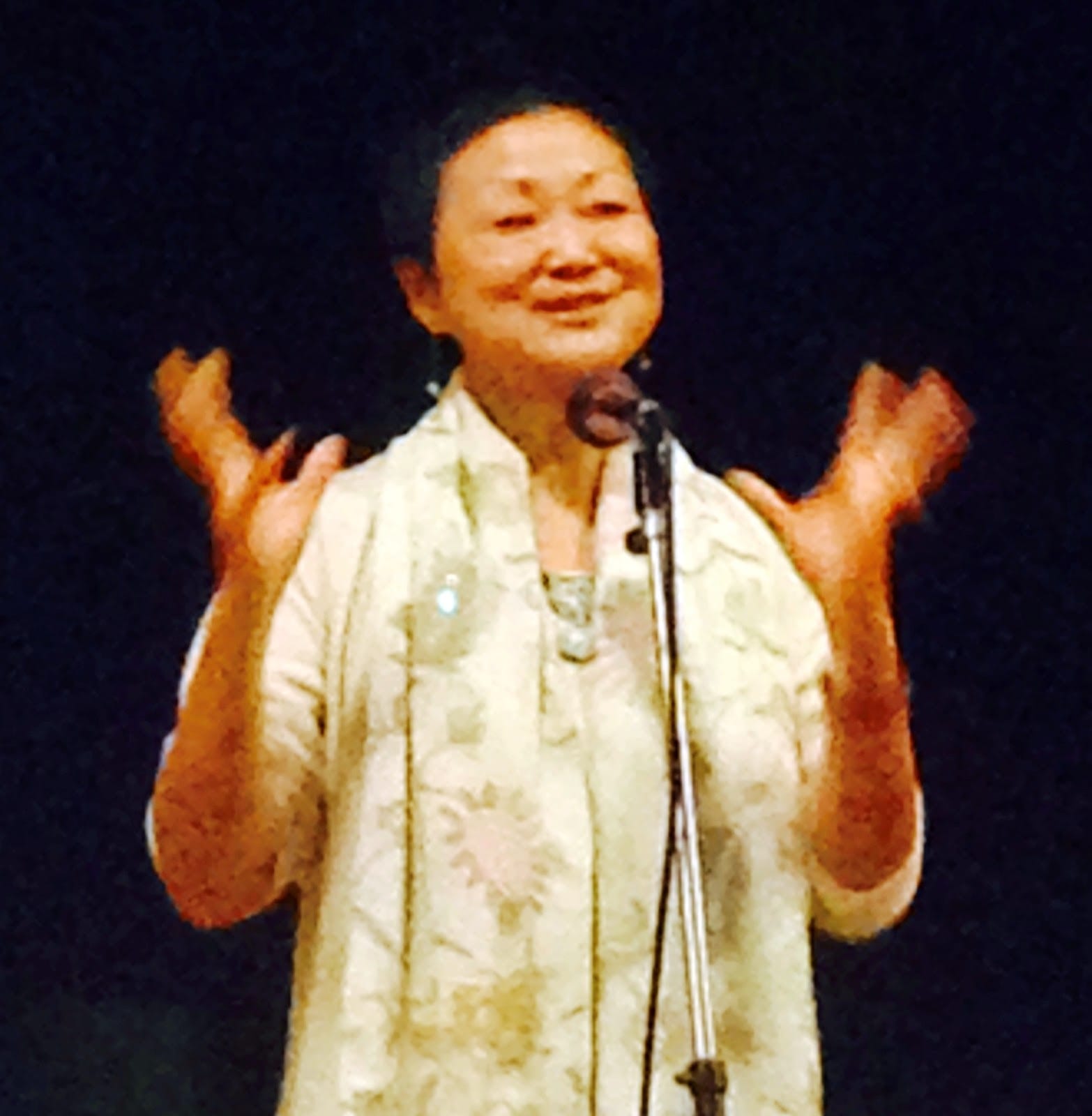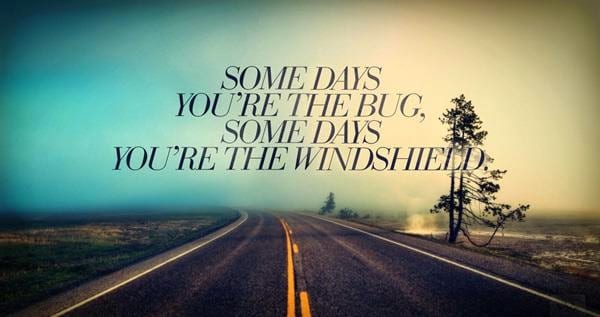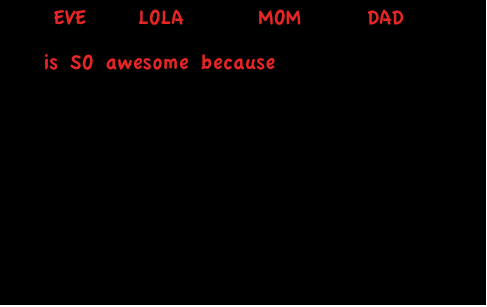It is increasingly difficult not to feel lucky that I am white, that my children are white, that they are girls who are not likely to incite fear because of their size and their race and their gender. Somehow, it feels horrible to think that way, to feel relief that, while we may as women and girls suffer some indignities and challenges, at least we don’t have to worry about an overzealous response to a real or imagined crime.
The girls and I have talked off and on in the last weeks about the grand jury decisions in Ferguson and New York City, all of us baffled at how a group of impartial individuals could come to the decisions they did. I am careful to acknowledge that I don’t have all of the details and I can’t judge the outcomes or the people without having first walked in their shoes, but it doesn’t keep us from feeling despair about what these incidents are doing to our communities.
I have resisted doing much research because I don’t believe it will give me any vital information that I don’t already have and I suspect that if I did discover egregious errors such as are being alleged by many, especially with regard to the Ferguson case, it would only lead my heart to ache more.
I am sad that the takeaway from President Obama’s response to the Ferguson grand jury decision was his encouragement of the wider use of body cameras by police officers as a way to build trust between communities and the police. If I told my girls that I trusted them, but I was going to put video cameras in their bedrooms so that I could capture footage of them at all times, I doubt they would believe my expression of trust. I think that the president is correct in his assertion that the breakdown is the lack of trust, but in order to have a trusting relationship, there has to be a relationship and it is there where things have broken down. If there is no sense of commonality, no investment in each other, we cannot hope to combat the fear that exists on both sides of this equation. If there is one shared goal, that is where the conversation needs to start and stay grounded. Yes, everyone needs to be held accountable for their actions, and in that respect, perhaps body cameras have some place in the solution, but first there has to be serious work toward preventing altercations that result in physical violence.
In an interview with NPR, Constance Rice, a civil rights attorney who works with the LAPD to overcome trust issues, Ms. Rice talked about how many of the police officers she interviewed expressed fear of black men. While she says those officers don’t “experience that as a racist thought,” it absolutely screams racism to many in the black community and that very real fear often translates into overzealous physical contact with black suspects. Addressing that fear has to be the first step in relationship building. Understanding varied viewpoints and coming together around the common goal of safe communities is a much better strategy than arming police with body cameras. Especially in the case of Eric Garner, there is no guarantee that video evidence will lead to accountability or trust. In fact, if there are more cases where the video evidence seems clearly in favor of one story over the other and the decisions made fly in the face of that evidence, we risk causing even bigger rifts in our communities.
Ms. Rice cites one program that “brought LAPD officers into projects to set up youth sports programs and health screenings, things that made people’s lives better and brought police and predominantly black communities together,” as being particularly effective. That is because those efforts clearly endorsed a common goal and unless we begin there, we have little hope of effecting positive change. It is time for civic leaders and police departments to step up and talk about the fears that lead to this kind of violence. Because police officers are put in harm’s way nearly every day, it is important for them to acknowledge which fears are grounded in reality and which ones are not. Because they are trained to react in a split second, they need to know which instincts to trust and how to draw on alternative methods of conflict resolution before making a decision that will have ripple effects for us all. We need to put more resources into finding common ground than we invest in body armor and cameras and the justice system. Moving forward with conversations and positive acts within the communities where there is deep mistrust of the police department will go a long way toward building bridges that we can all stand on together.






